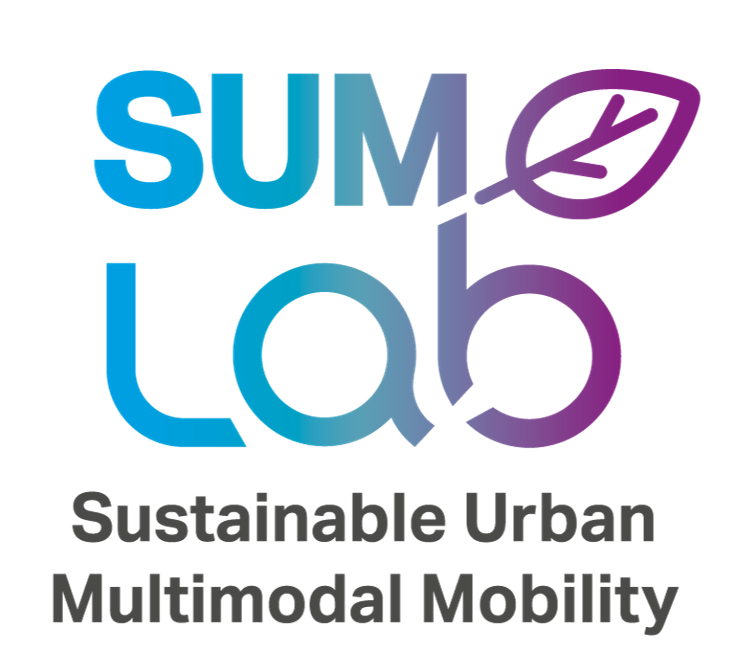Sustainable Urban Multimodal mobility (SUM) Lab
Economic, demographic and environmental developments are stretching the performance of transport systems to the limits. Increasing housing density and decreasing space for transport infrastructure and private parking are posing severe challenges for the sustainable and inclusive accessibility of urban regions.
Information and Communication (ICT), electrification, automation, vehicle technologies advancements and the sharing economy are revolutionizing our current passenger and freight transport and mobility systems. Automated, connected and electric/hybrid vehicles, Mobility as a Service, shared vehicles, share rides and micromobility hold promise to make transport more efficient, safe and reliable. We believe that a strong mix of modes is needed to keep urban regions accessible and livable. Unimodal solutions are not sufficient.
The SUM lab therefore aims to help stakeholders with the development of sustainable, inclusive and accessible urban regions using a digital twin approach to design adaptive infrastructures and mobility services. The digital twin combines a tremendous amount of data capturing people’s mobility preferences and freight movements, innovative traffic and transport models to assess the spatial and transport impacts of these emerging technologies and advanced methods to design our future transport system.







